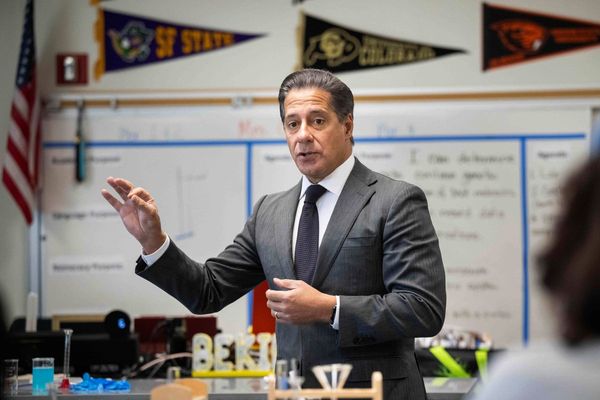
Mali’s military rulers have announced the cancellation of a 2015 peace deal with separatist rebels after months of fighting in the West African nation.
Military authorities said late on Thursday that the so-called Algiers Accord had ended with “immediate effect” due to other signatories not keeping their commitments and hostility by chief mediator Algeria.
In a speech broadcast on state television, the military government spokesperson Colonel Abdoulaye Maiga said there had been an “increasing number of unfriendly acts, instances of hostility and interference in Mali’s internal affairs” by Algiers.
Algeria had led efforts to restore peace to Mali after the signing of the so-called Algiers Accord between Bamako and armed groups predominantly made up of the semi-nomadic Tuareg ethnic group.
Last month, Mali summoned the Algerian ambassador over “interference” and “unfriendly acts” related to claims the envoy held talks with Tuareg separatists without involving Bamako.
The rebel alliance group CMA said it was not surprised by the decision.
“We have been expecting it since they brought in Wagner, chased out MINUSMA [the UN peacekeeping group] and started hostilities by attacking our positions on the ground,” CMA spokesperson Mohamed Elmaouloud Ramadane was quoted as saying by the Reuters news agency.
“We knew that the aim was to terminate the agreement.”
The Algiers Accord began to fray in August as fighting between separatists and government troops escalated amid the gradual winding down of a 10-year UN peace mission in the country.
In June, Mali’s military government, which seized power in 2020, demanded the departure of the UN mission despite suffering frequent attacks by armed groups in the Sahel region.
Since the coup, Mali’s military leaders have severed ties with former colonial power France, while seeking closer relations with Russia and the private army Wagner Group.
Mali has been racked by violence since 2012 when Islamist armed groups seized on a Tuareg uprising driven by accusations of government neglect and demands for greater autonomy.







